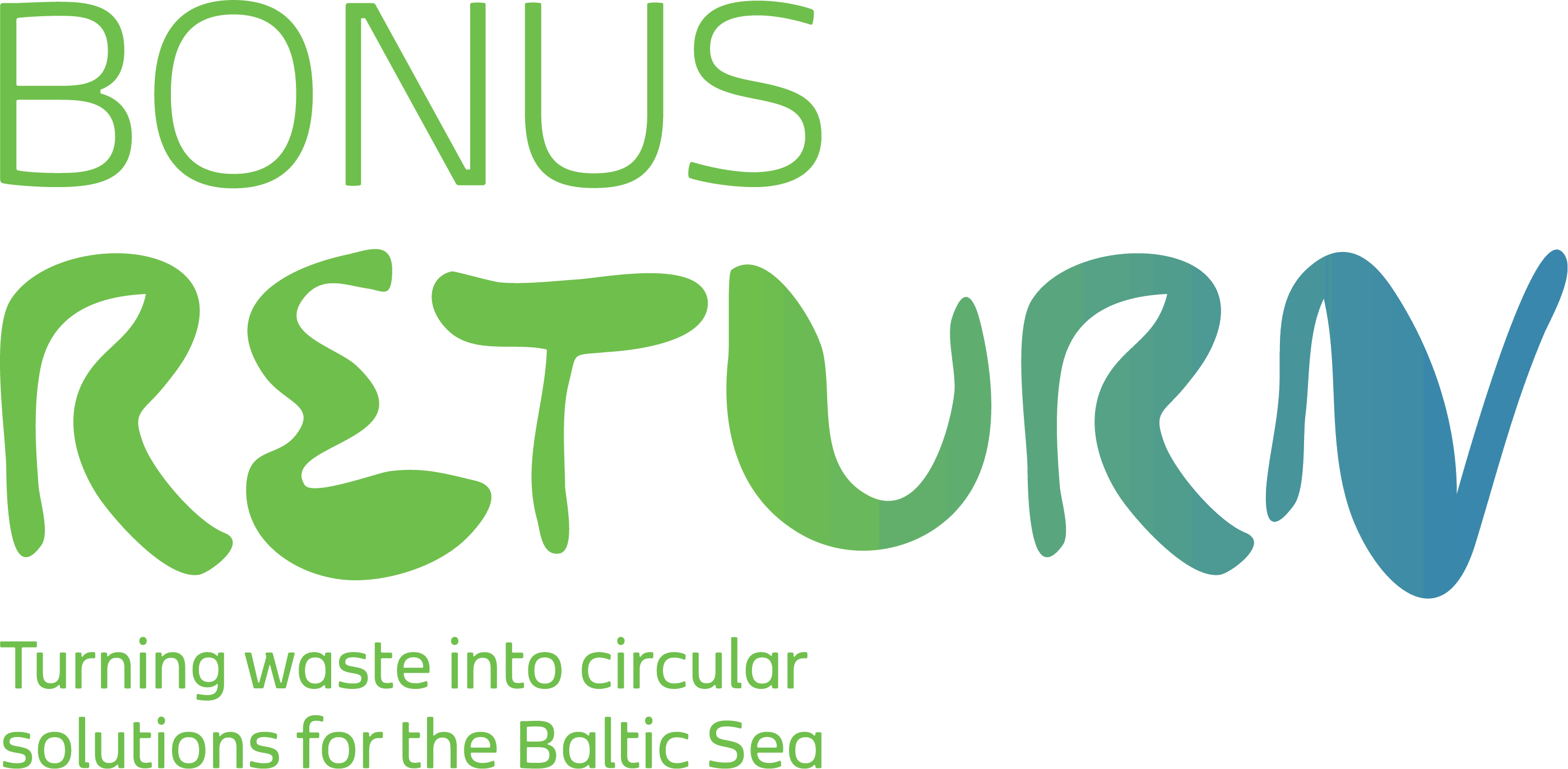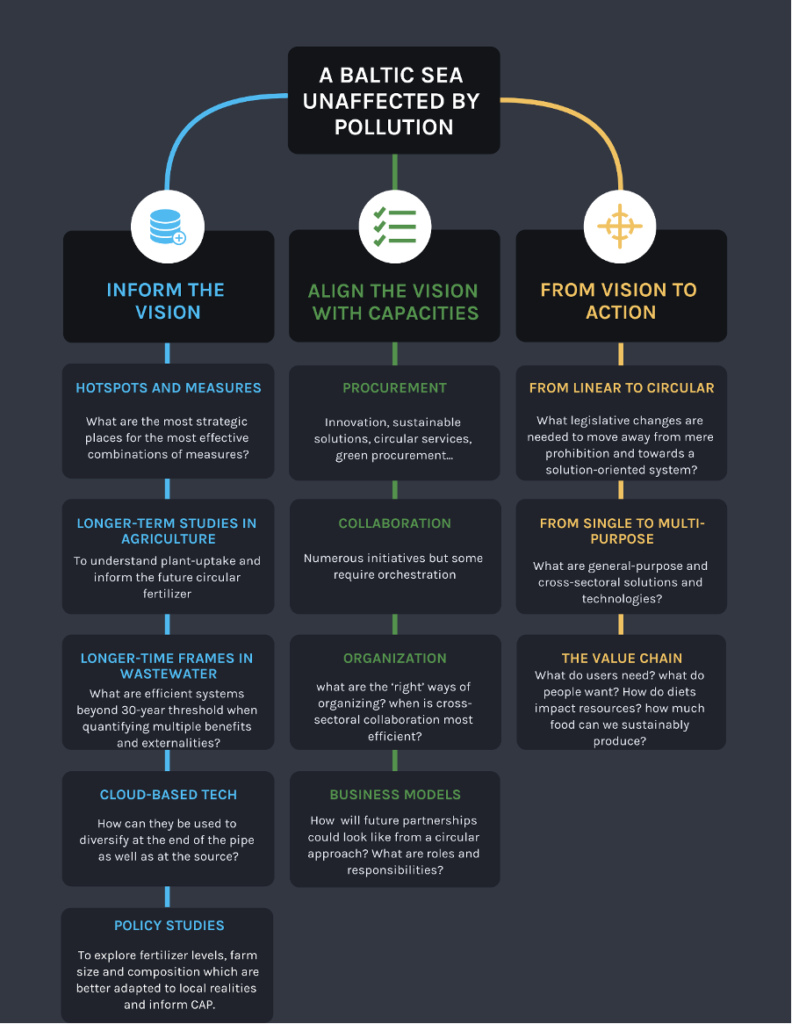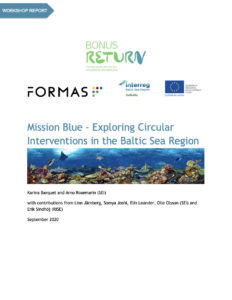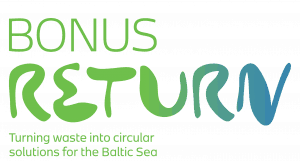Authors: Karina Barquet and Arno Rosemarin (SEI)
Participants from Germany, Netherlands, Latvia, Poland, Denmark, Finland and Sweden representing funding agencies, research, branch organizations, the private sector, and regional organizations collaborated in an online workshop to develop five circular interventions that could address eutrophication in the Baltic Sea.
For each intervention, participants identified the actors and processes, existing and required capabilities, and positive and negative impacts. The design of the interventions was guided by criteria related to circularity, efficiency, feasibility, co-benefits, innovation potential, coherence and risk.
We know that the Baltic Sea is one of the planet’s most vulnerable marine ecosystems. It is a partly enclosed sea with a retention time of around 30 years, surrounded by a drainage area four times as large as the sea area itself. It is inhabited by 90 million people in a highly industrialized landscape dominated by intensive agriculture, forestry and various industries.
Despite the wealth of knowledge and experience throughout the region and the actions over decades taken to abate pollution, eutrophication of the Baltic Sea from wastewater, agriculture, industry and atmospheric deposits remains a challenge. A combination of technical and policy innovations as well as financial and economic incentives are needed to transform the sources of nutrient pollution from land, watersheds, coastal areas and the open sea into potential resources.
The aim of the workshop was to contribute to producing more tangible cross-sectoral prototype interventions that could be taken forward and further developed as impact projects within the broader umbrella of “Missions” for oceans. In line with HELCOM’s goal for the region, the mission addressed in this workshop was of a Baltic Sea unaffected by pollution. Accordingly, interventions consisted of a selection of different measures to address a carbon and nutrient stock or flow.
To design interventions, we used the synopses of new measures or actions collected by HELCOM at the end of 2019 from regional stakeholders, and which would inform the update of the Strategic Plan for the Baltic Sea Action Plan (BSAP). This list was organized, categorized, and further developed by workshop participants. The preparatory process culminated with a list of 21 land-based, catchment-based or coastal/offshore-based measures, and organized into four categories: coordination, data, ecotechnologies and policy. The list of measures was used during the workshop to design interventions consisting of up to four measures each.
An overview of the conclusions, recommendations and questions generated during the workshop.
This report summarizes results from the virtual workshop “Mission Blue”, organized by the BONUS RETURN project on 10th June 2020.
The workshop had a dual purpose:
- To test an architecture of a mission-oriented approach underpinned by a co-creation process.
- To engage participants in a reflection about what kinds of interventions, and what ‘innovation mixes’ or ‘innovation portfolios’, have the highest potential to achieve transformative impact to accomplish missions in the context of the Baltic Sea.
The workshop, originally intended as a two-day physical exercise, was carried out online with the help of collaborative software. While this setup was a precondition for conducting the exercise with participants from around the Baltic Sea Region under the circumstances of COVID-19, the approach piloted here was highly exploratory and would have benefited from the physical dynamics that allow for high levels of creativity and interaction.



